Football legend Sir Geoff Hurst fronts the launch of The Wayback project which uses Virtual Reality (VR) to bring the experience of watching England’s famous 1966 World Cup victory back to help people with Alzheimer’s Disease.
The VR experience captures excitement of England’s iconic football victory – complete with raucous pubs, enraptured sitting rooms and empty streets on 30 July 1966 – for those with dementia.
Hurst, several of whose teammates are affected by the disease, fronted the project launch which aims to trigger positive memories
The England attacking legend, who scored a hat trick in the team’s 4-2 win over Germany, tried out the VR film series himself and commented on the level of details saying ‘the images in this film are fantastic…it will be a huge help for people reliving the past’.
The immersive initiative, which was devised by creative team Dan Cole and Andy Garnett, is promoted through an integrated campaign which includes long and short online films.
The Wayback was designed to be easily accessed by anyone with a smartphone and a cardboard viewer and the The Wayback app can be dowloaded here.
As well as the sports industry, the advertising and marketing fraternity has been pivotal in putting the project together with video partner Thomas Thomas Films, VR expertise and post production from MPC, editing by The Quarry and sound handled by 750mph.
The team which put the proeject together was led by Director & Creative Director Kevin Thomas, Creative Directors Dan Cole and Andy Garnett, Executive Producer Philippa Thomas, Producer Trent Simpson, with Offline by The Quarry, Online & Grade by Youngster, Sound Design from 750mph, with Casting Director Belinda Norcliffe, VR by MR Virtual, plus DOP Bob Pender Hughes, Production Designer Ashling Johnson, Costume Designer Lorrane Kinman and Make Up & Hair Designer Freddie Stopler.
“I think it’s great to see some of the images from the film, it’s fantastic. It reinforces what you know , what you’re not aware of really, how people celebrated all over the country,” said Hurst. “One thing that sticks in my mind when people talk about it is that there were no cars on the roads.”
“We all get involved in charities for personal reasons,” said Hurst. “My personal motivation was that a number of the players, a number of the world cup team are suffering from this awful, awful disease. I think this particular film that you’re doing I’ll be a huge help to a lot of people to relive the past.”
Comment:
The World Cup project follows on from The Wayback’s VR experience of the 1953 coronation of Queen Elizabeth II and both are inspired by Immersion Therapy which sees Alzheimer’s sufferers surround by objects and music from their youth.
The group has a list of potential events to recreate in the future (read more about the thinking behind The Wayback here.)
Links:
The Wayback Experience
https://thewaybackvr.com/

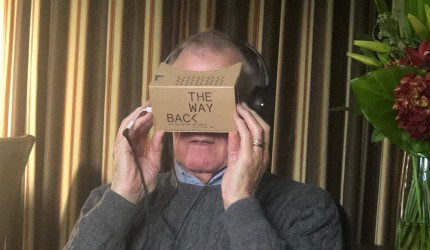






















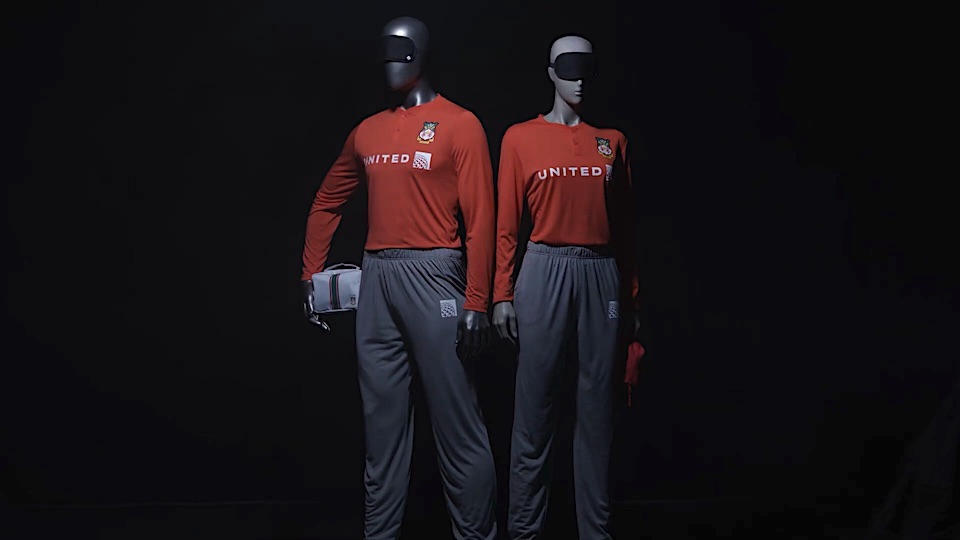

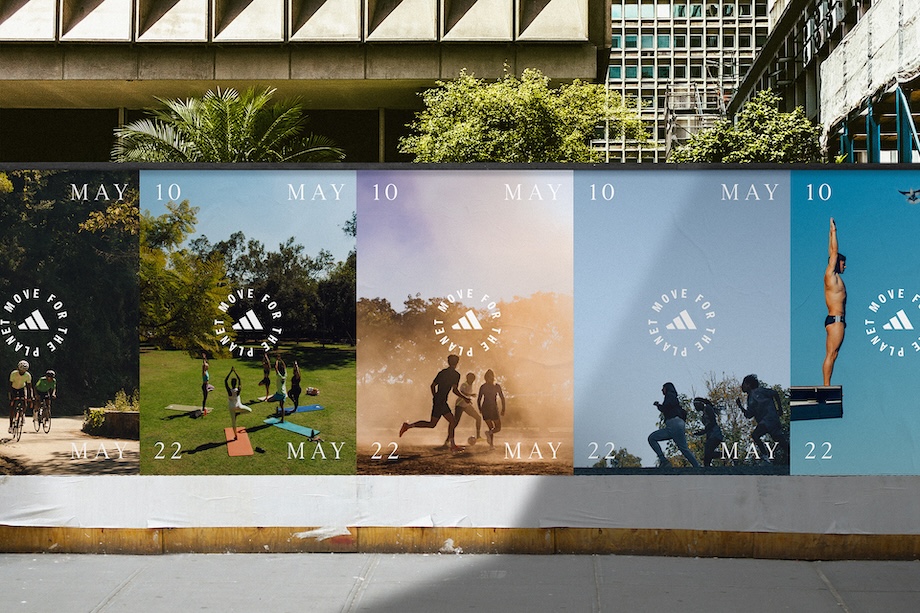
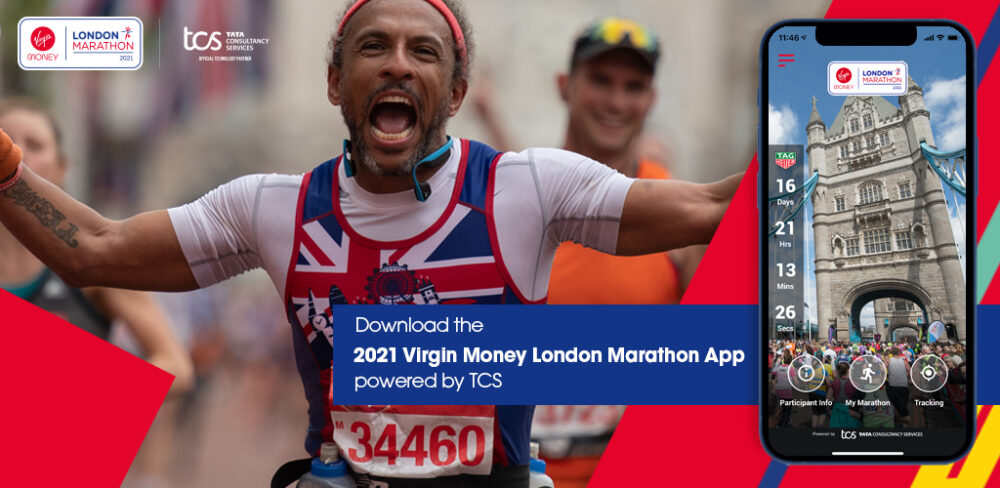
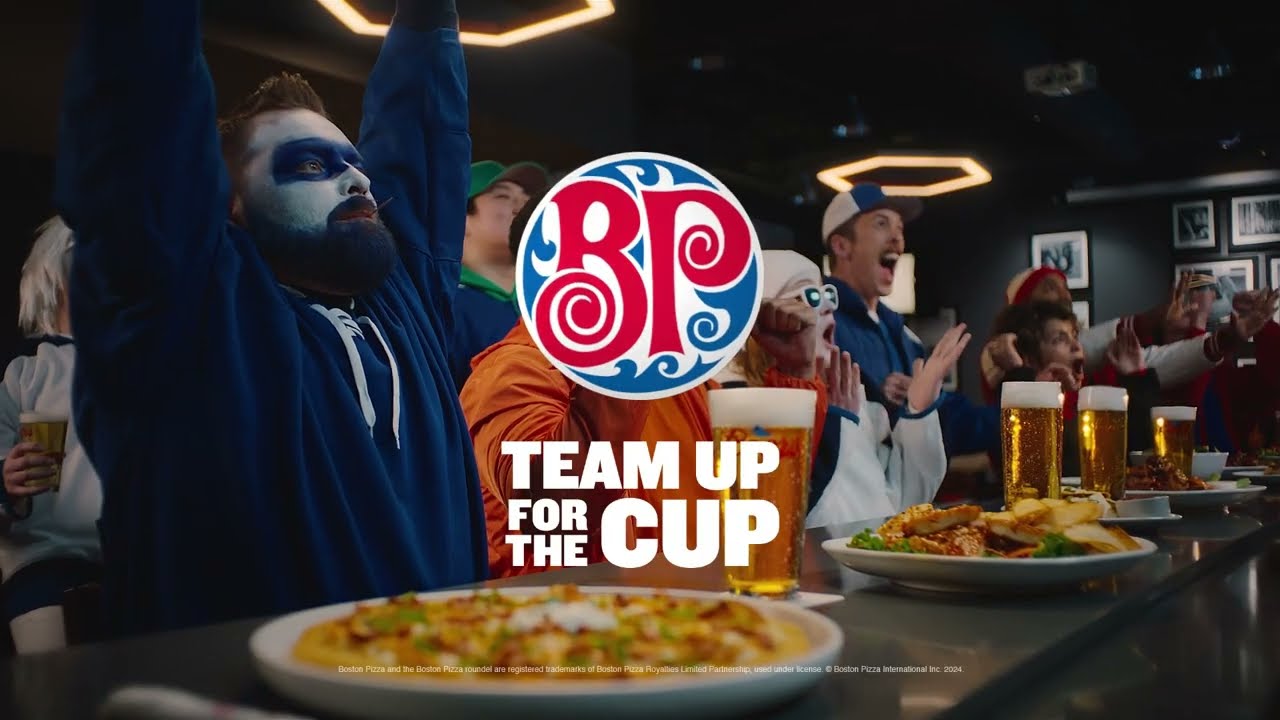
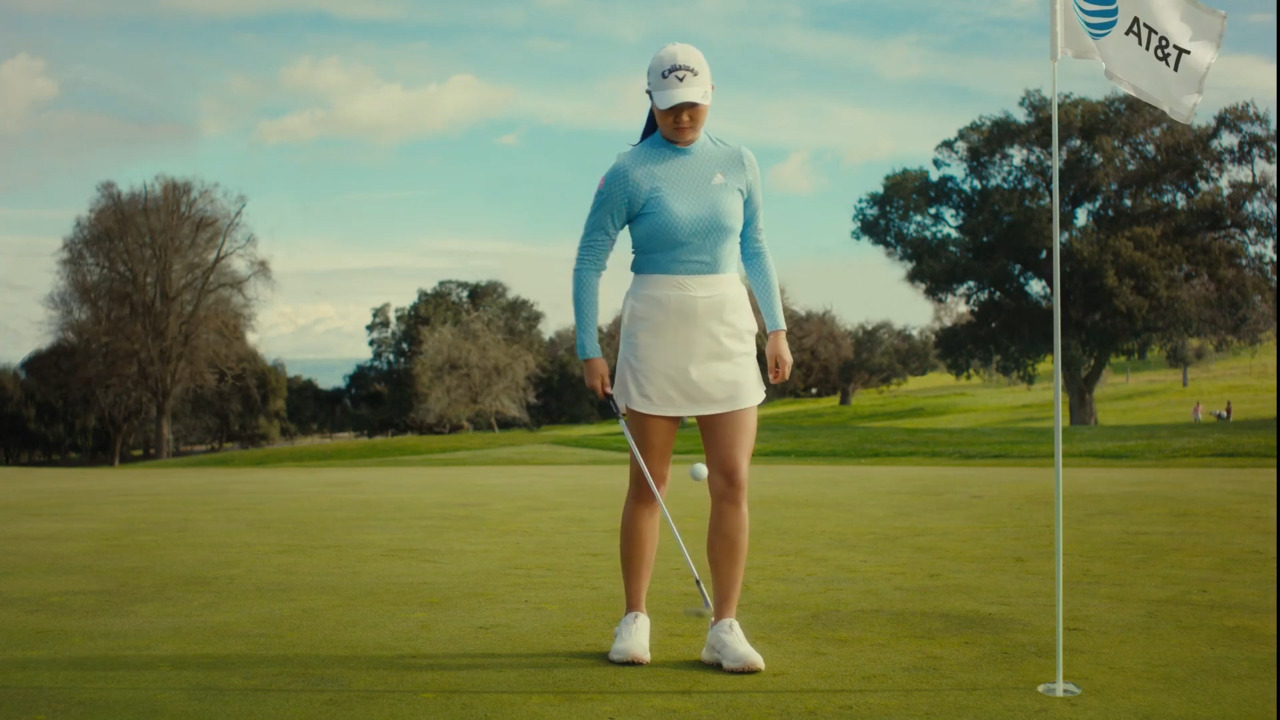
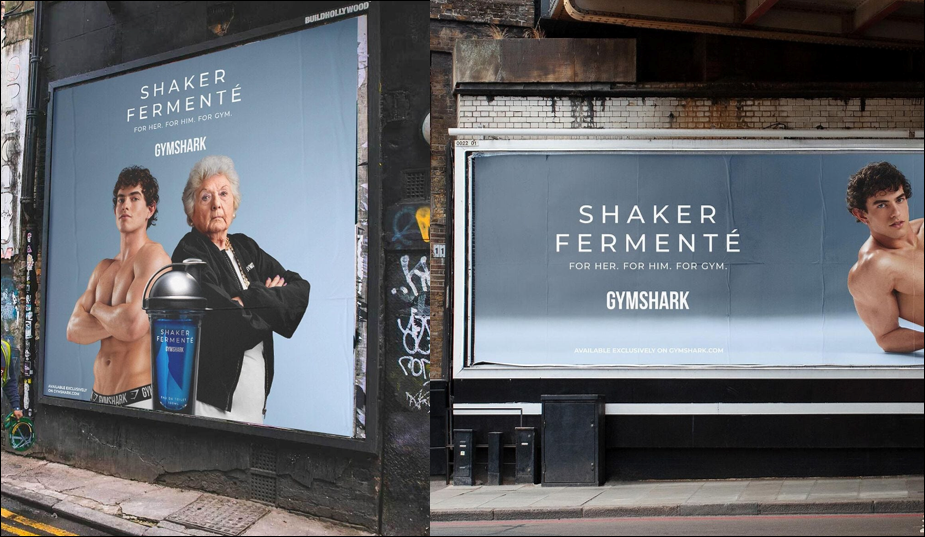
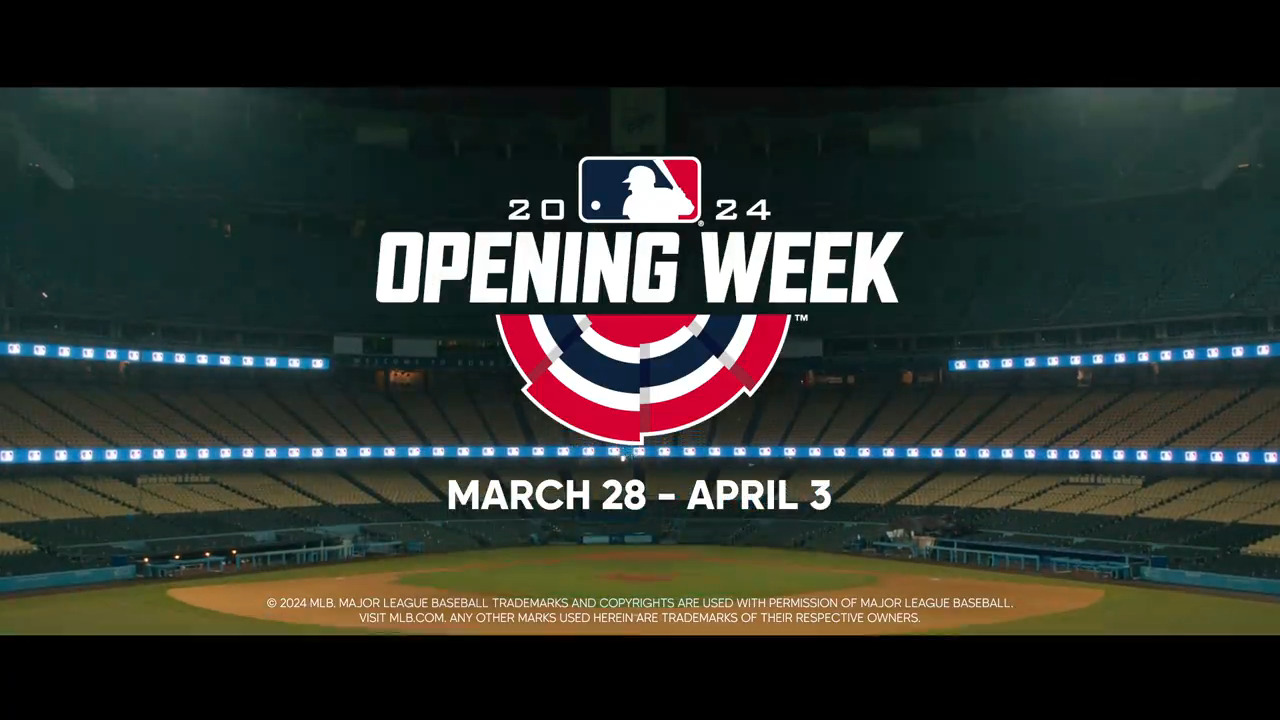
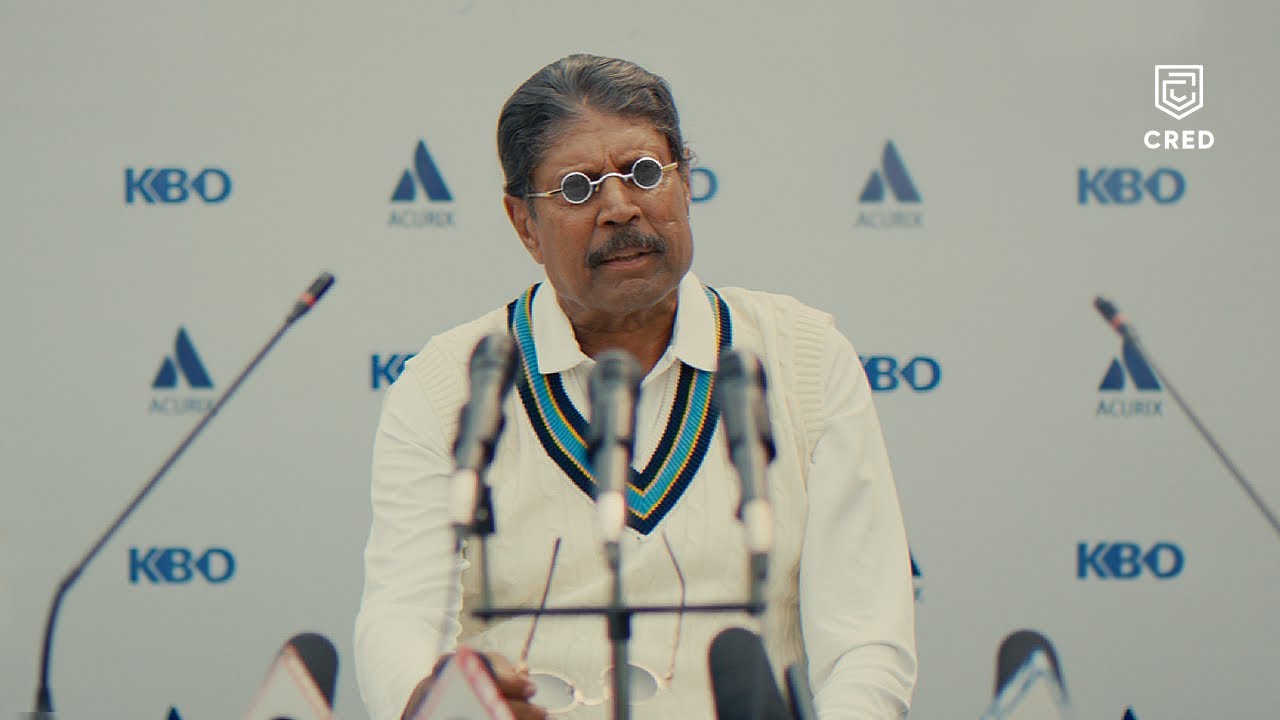
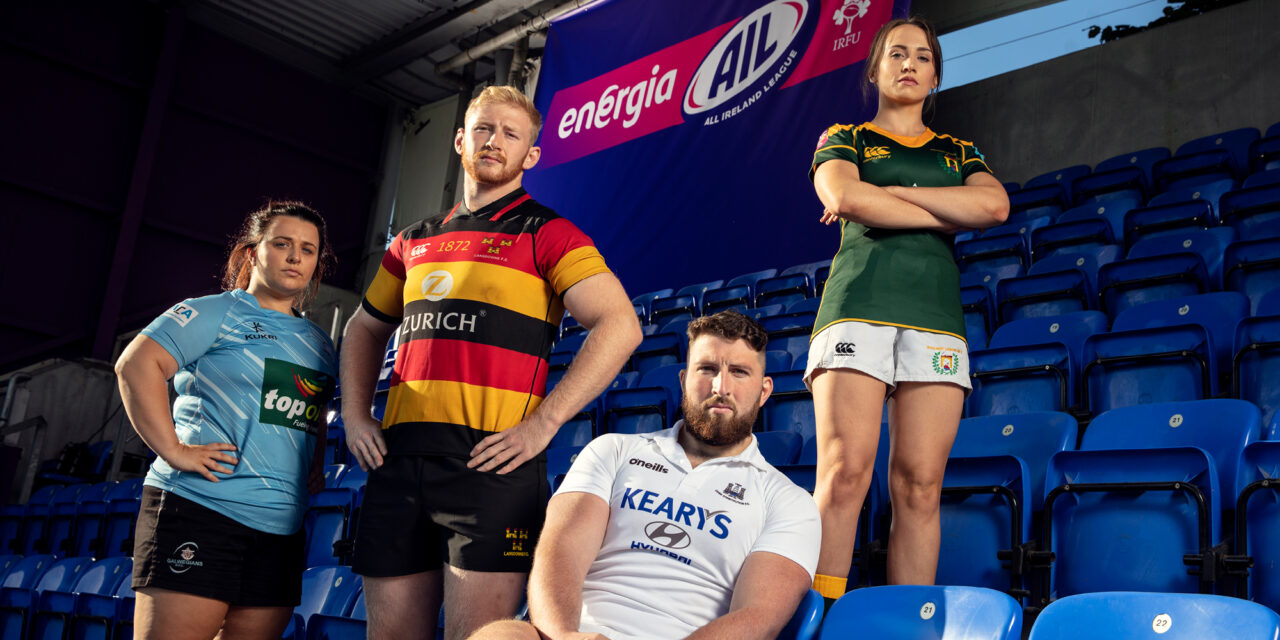
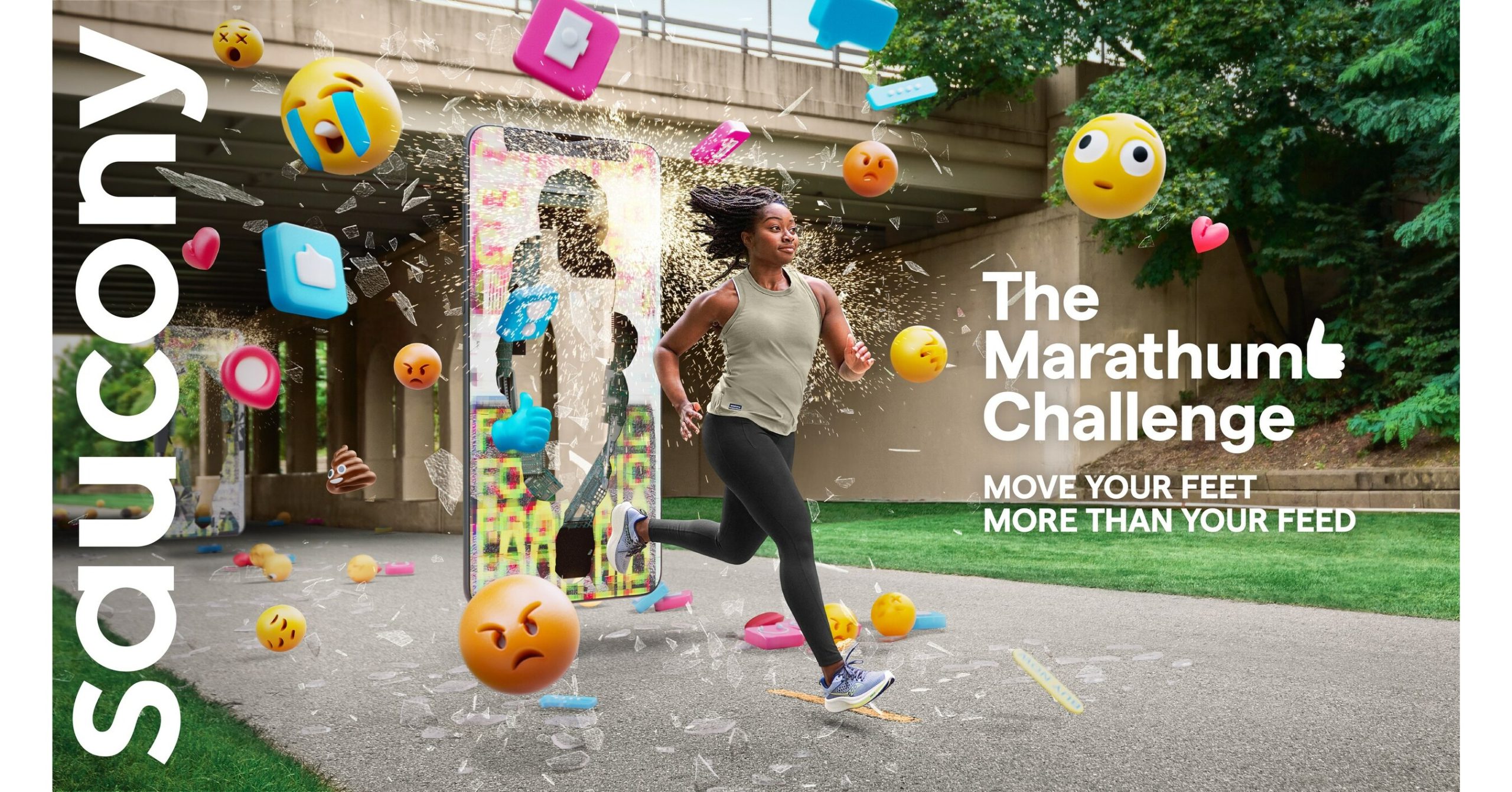

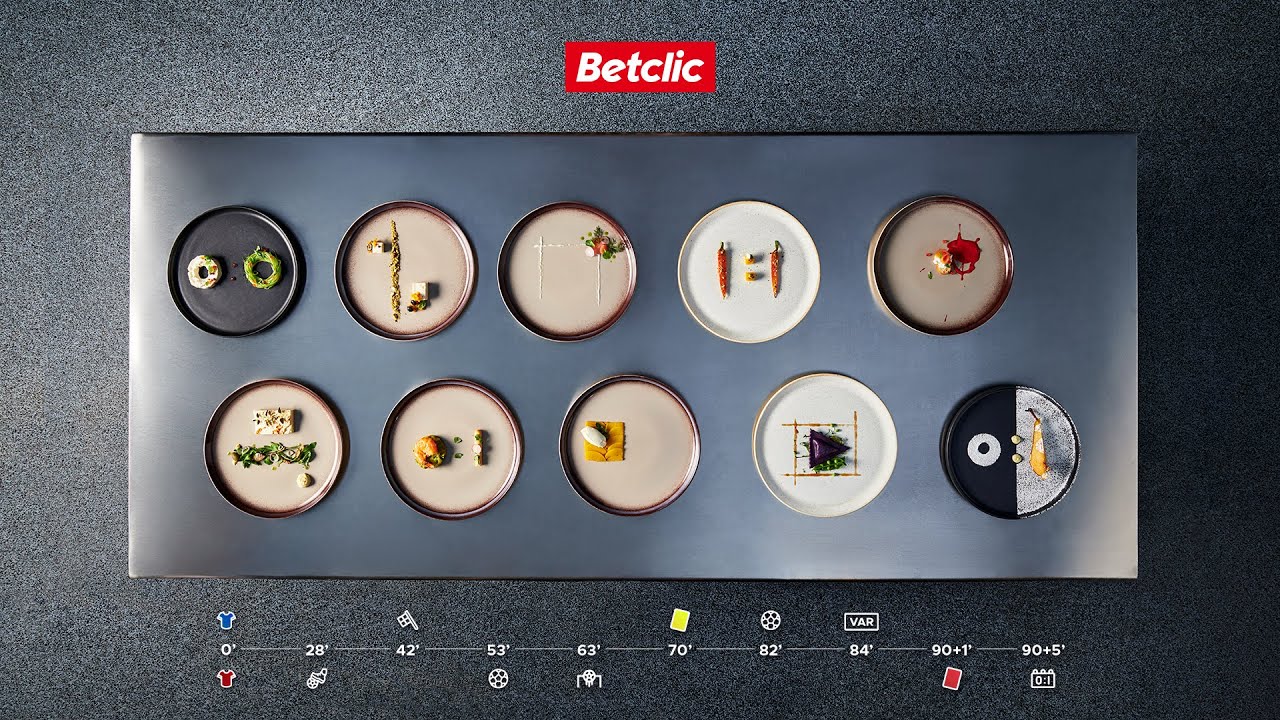

Leave a comment
You must be logged in to post a comment.